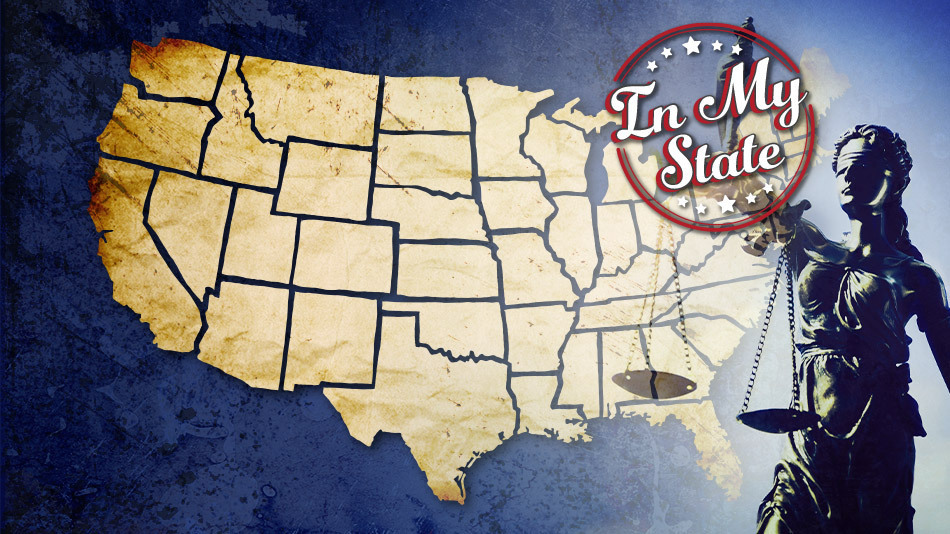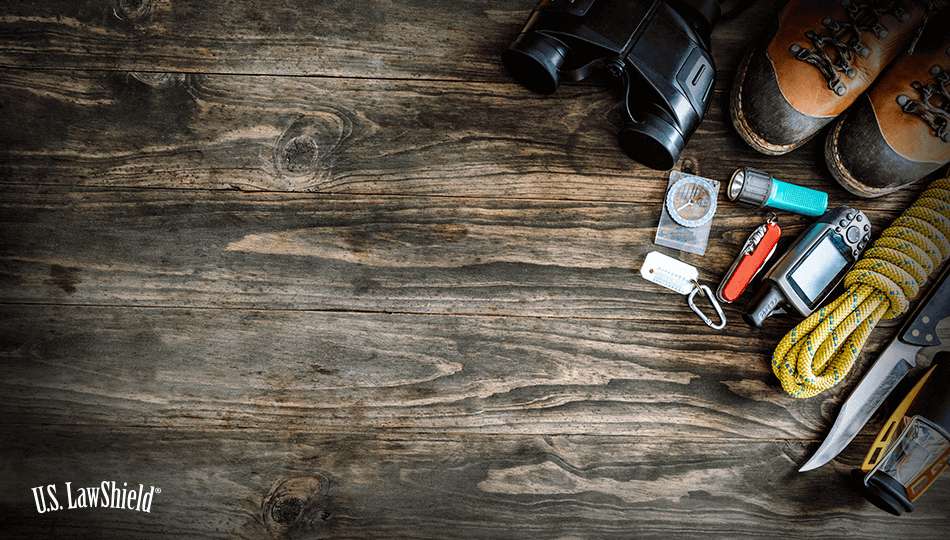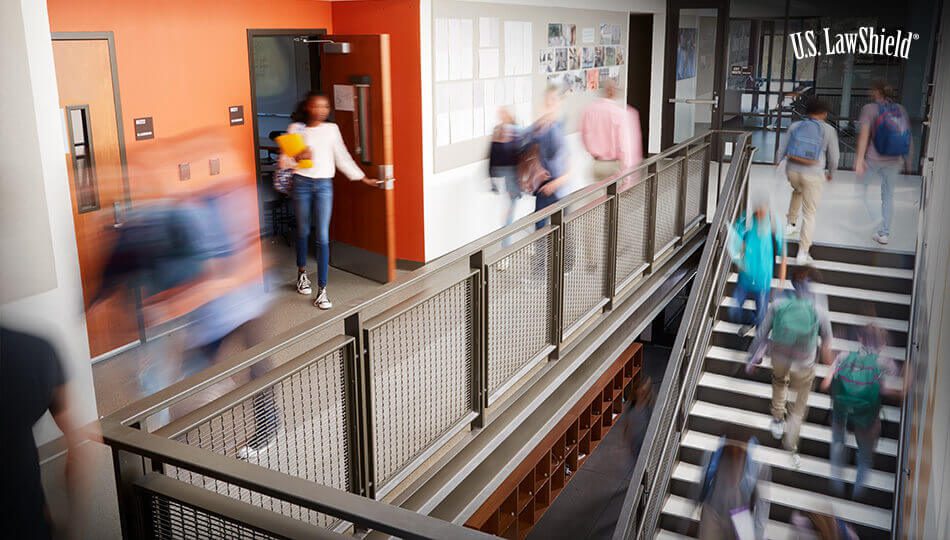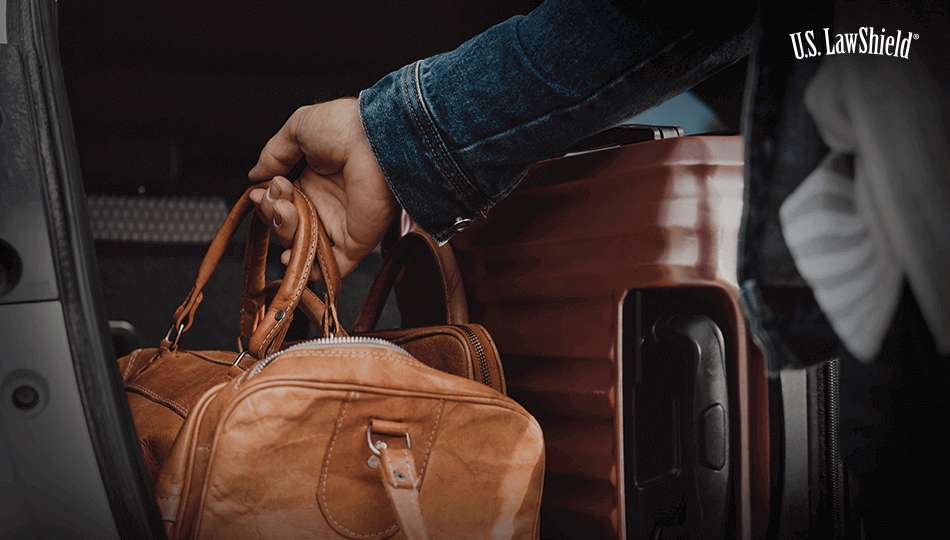
You completed your Concealed Weapons Permit (“CWP”) class and sent all the paperwork in. Confident that you were not going to have any issues getting your CWP, you submitted to a federal background check, passed it, and purchased a brand-new gun. Now you’re just waiting for the CWP. But you’re shocked when instead of a CWP, you receive a letter from the South Carolina Law Enforcement Division (“SLED”) telling you that your CWP has been denied. On the last page of the letter, you finally find their reason for denial. Is that the end of the road?
The answer is often NO.
Your Permit Was Denied… What’s Next?
There are steps you can take to appeal the decision by SLED. Keep in mind that it is possible to pass a firearm purchase background check and still be ineligible for a CWP. Simply passing the background check doesn’t mean you are automatically entitled to a CWP, or to legally possess either a gun or ammunition. 18 U.S.C. 922 governs who may legally possess a firearm and ammunition under federal law. Subsection (g) specifies those prohibited from owning or possessing guns and ammunition.
SLED Background Checks
The SLED background check for a CWP is more exhaustive than the background check to purchase a firearm. As well as enforcing federal law, South Carolina law precludes anyone from possessing a handgun if that person is convicted of a crime of violence in this state or any other state or territory of the United States, is a fugitive from justice, is a habitual drunkard, is a drug addict, or is mentally incompetent. Federal law is much more restrictive, and South Carolina will usually not issue a CWP if there is anything in the SLED background check that potentially would make owning a firearm illegal under federal law. The SLED background check process will not only review records in South Carolina but nationwide, through the National Crime Information Center. Often an arrest will show up in the SLED background check, causing a denial even if there was no conviction. The letter denying the CWP will inform the applicant that they can appeal the denial. The applicant is required to show that the charge was disposed of by dismissal or a not guilty verdict.
Prior to June 2, 2009, South Carolina did not have an automatic process for expunging old arrests, even if they did not result in a conviction. Since the 2009 change, if an arrest does not result in a conviction, South Carolina Magistrate’s Courts must expunge all information related to the underlying arrest. Prior to June 2, 2009, there was no requirement for non-conviction arrest records to be expunged from your criminal history record, and they will not be expunged unless you apply to the court for an expungement. There is still no requirement that more serious charges in the Court of General Sessions are to be expunged. So, for example, SLED will deny the issuance of a CWP when there is an assault and battery arrest from 40 years ago that did not result in a conviction.
What Can You, the Applicant, Do?
As stated in the letter from SLED denying the application, the applicant will need to provide a certified copy of a disposition from the clerk of court in the jurisdiction in which they were arrested. However, that can be problematic because those old records may not exist anymore. In the alternative, if convicted, the applicant would need to provide a copy of a police incident report showing that the case did not arise from a criminal domestic incident. In the absence of those documents, a sworn affidavit explaining what happened and certifying to SLED that the case was a simple fight or argument that did not involve a domestic situation will likely rectify the problem for the applicant. Additionally, under the law, you may be entitled to an expungement of that criminal conviction. Further, certain felony convictions may be expunged. If the felony conviction is not expungable, it is sometimes possible to get a pardon, restoring your gun rights and once again qualifying you to possess a firearm and a CWP.
There are several other reasons that may disqualify an applicant from obtaining a CWP or that may need to be cleared up before SLED will issue the permit. If you have received such a denial letter from SLED and need guidance about how to proceed, or for any other firearm-related issue, please contact your U.S. LawShield Independent Program Attorney.
The information provided in this publication is intended to provide general information to individuals and is not legal advice. The information included in this publication may not be quoted or referred to in any other publication without the prior written consent of U.S. LawShield, to be given or withheld at our discretion. The information is not a substitute for, and does not replace the advice or representation of a licensed attorney. We strive to ensure the information included in this publication is accurate and current, however, no claim is made to the accuracy of the information and we are not responsible for any consequences that may result from the use of information in this publication. The use of this publication does not create an attorney-client relationship between U.S. LawShield, any independent program attorney, and any individual.




My situation is similar of, being denied, for an incident over 25 years ago…Only thing I was the victim of the assault.